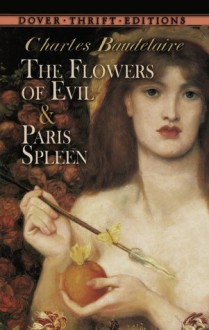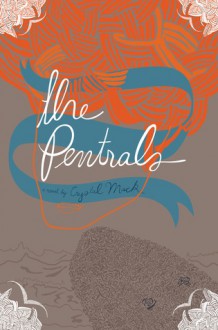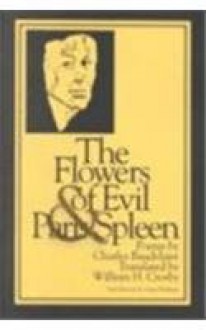
The problem with reading poetry is that generally it is not something you simply read over once and then put it back on your shelf. Some of the older poetic forms, such as Dante, Homer, and Milton, you would do that, namely because the poetic form was used as a means of telling a story. Modern poetry however cannot be read in the same way. Instead, as my English teachers would tell me, you read it once, think it over, read it again, and think over it again. To say that this is only done with modern poetry though is a misnomer because similar short form poems had been written throughout history (though I suspect many of the ancient poems that we have were probably written to music so are more like the lyrics of a song), and Baudelaire was not the first to use this form (considering he wrote after Blake, and substantially after Donne and Shakespeare).
Poetry is like painting a picture with words, and this is what Baudelaire does in Flower's of Evil (I will get to Paris Spleen shortly). While the poetry is beautiful, it also paints a very dark and seedy side to Paris. Paris has always been a city of beauty and romance, however that was something that Baudelaire did not see in the 19th century. Instead he saw a dirty and crime ridden city with prostitutes hiding in the shadows trying to eek out a living. Apparently when these poems were released there was outrage, though reading them in the 21st century (and quickly at that) I cannot see much that would cause outrage. It is sort of like describing the scene where Roudolph and Emma have sex in Madame Bovary, which when I read it turns out that is pretty much of a non-starter (Emma constantly says 'no, no, this is wrong' and then she gives in, and the book suddenly skips to them returning home).
In another way I do not feel like over-analysing these poems, or even writing deeply on a couple of them, because in a way I do not believe that that is necessary. The poems, as I mentioned, are like word pictures,which paint the rather dark and depressing underbelly of Paris. Also these poems are a translation (they were originally written in French) so it adds a further layer of difficulty to the poem.
Paris Spleen is of another order entirely, and that is what they call prose-poetry. Personally I do not really see the point. It is not that I don't get it rather it is that I don't think that it works. To me poetry is poetry, and prose is prose: they are two different literary forms. While people may experiment by bringing them together for me it simply does not work. I guess then it is trying to use the imagery of poetry and a prose composition, but then the novel is telling a story in prose as opposed to the poetic form that was used previously.


 Log in with Facebook
Log in with Facebook 








